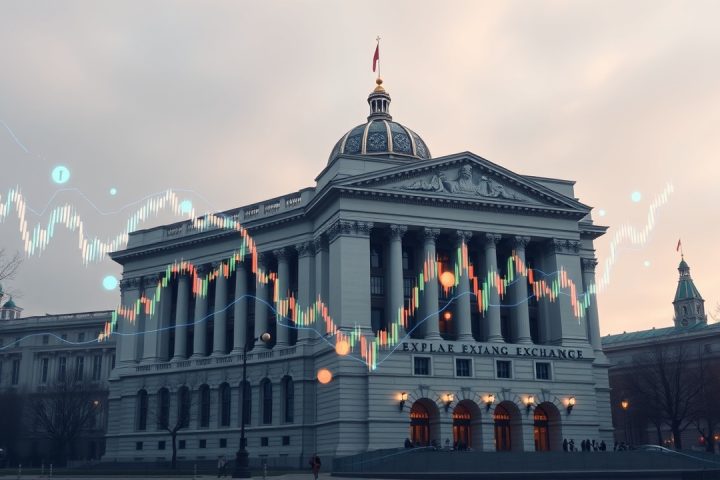Concerns Over Tokenized Stocks
The World Federation of Exchanges (WFE) has raised alarms regarding the regulatory framework surrounding tokenized stocks, urging financial authorities to enhance their supervision of these products. The organization, which represents various global exchanges, expressed concerns that tokenized equities may mislead investors and diminish confidence in traditional financial markets.
On August 25, Reuters highlighted WFE’s warnings, emphasizing that while tokenized stocks may mimic the appearance of conventional shares, they do not grant the full set of rights that typical shareholders enjoy.
Ownership and Rights Issues
Unlike traditional shares that provide actual ownership, tokenized versions offer investors synthetic exposure to a company’s performance, which can lead to misunderstandings about their rights in terms of voting and dividend entitlements. The WFE cautioned that if these products were to fail, it could result in significant reputational damage to listed companies and threaten overall market integrity.
Regulatory Recommendations
To address these potential pitfalls, the WFE is advocating for regulatory bodies to broaden the scope of securities laws to encompass tokenized assets effectively. The organization suggests:
- Establishing clear guidelines regarding ownership and custody.
- Restricting the marketing of these financial products as “stock equivalents.”
In correspondence to key regulatory authorities including the U.S. Securities and Exchange Commission, the European Securities and Markets Authority, and the International Organization of Securities Commissions, the WFE outlined its concerns about this swiftly evolving financial sector.
Market Landscape and Future Potential
The WFE’s intervention comes amid a burgeoning interest in tokenized equities, which have been increasingly adopted by both cryptocurrency platforms and traditional financial services. Over recent months, notable crypto exchanges such as Robinhood, Kraken, and Gemini have introduced tokenized versions of U.S. stocks, providing retail investors with alternative ways to engage with the markets.
Despite optimistic predictions for this segment, with Binance Research projecting that it could soar to a market cap of $1.3 trillion should just 1% of global stocks transition to blockchain technology, the actual market capitalization remains around $360 million, according to data from RWA.xyz. This indicates that while potential exists, the market for tokenized stocks currently constitutes a minor part of the broader real-world asset tokenization landscape.
Advocates for this innovation highlight the growing interest from both retail and institutional investors as a sign that the sector could expand rapidly once there is greater regulatory clarity.




